Pilar Guzmán has lived. As the editor-in-chief of Condé Nast Traveler, she rose to the top of her field, worked with an A-list of creative soulmates, and stepped foot in more far away places than many people ever could, even with multiple lifetimes. We talk to her about her newest adventure as co-founder of The Swell, a community-based platform designed to “undo the dysmorphia” that our larger culture has created around mid-life. Pilar’s superpower is solving problems with empathy — and having the conversations that no one else is having. Braver. Straighter. Born of personal experience, no matter how scary. Also on the horizon: the longest journey yet, from head to heart.
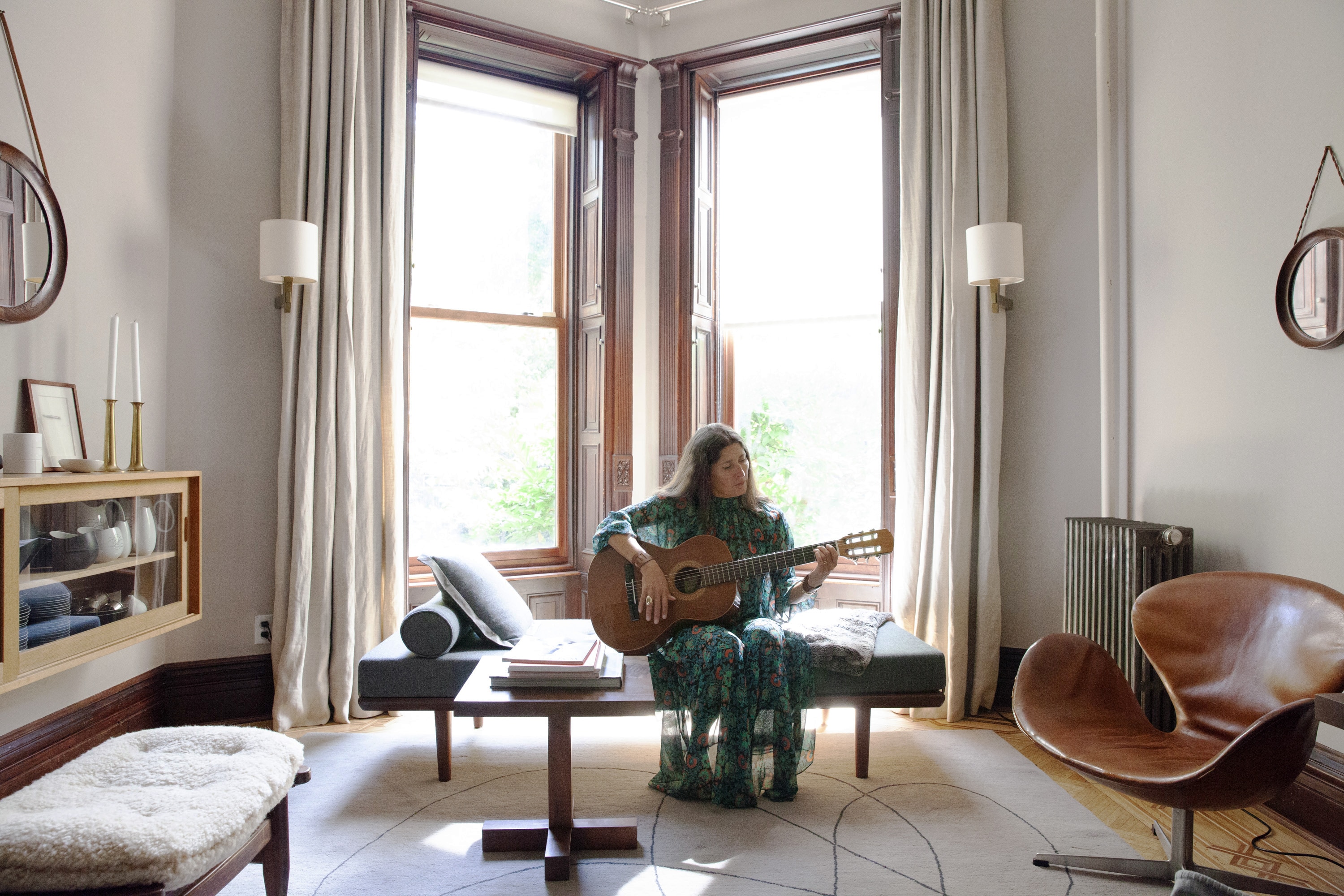
Pilar. So lovely to connect with you. We are big fans of The Swell, which you’ve co-created with Alisa Volkman. Tell us a little about your inspiration for The Swell. Why now?
My business partner, the multitalented entrepreneur Alisa Volkman, and I were frenemies in the parenting space. I started Cookie, and she and her husband started Babble. Both were novel players in a very staid category, going against antiquated ideas about motherhood. We are sort of doing the same thing now with mid-life. We came to the idea separately and then together that this stage of life needed a makeover. AARP and crisis are the things that people often associate with mid-life, and yet all around us we were seeing friends and colleagues who have never been better, fitter, more sure-footed, and sure of their superpowers. Yet the culture had all but written this life stage off.
It should be a given that we are seen as strong, vibrant, adventurous people at this stage, but it’s not, is it?
Messaging leads you to believe you are becoming irrelevant when really you are in the prime of your life. I think the traditional notion is that this is a slow graying phase, when in fact it’s more akin to adolescence than it is to any other life stage in terms of its disruption and sense of possibility. There’s an unraveling. A lot of people are electing to reinvent, or being forced to reinvent.
Talk to me about wisdom. I sat in on your The Happy Hour with David and Chip, and I’m fascinated by the idea that wisdom is as much alchemy as it is knowing.
The thing about wisdom is that it is actually a neurological shift. An awakening that happens at this stage of life. There are things that you would maybe have to put a lot of time into before that you can now handle in just one text. It’s very empowering. Menopause is also happening, but it is not the only thing happening. Your brain is different.
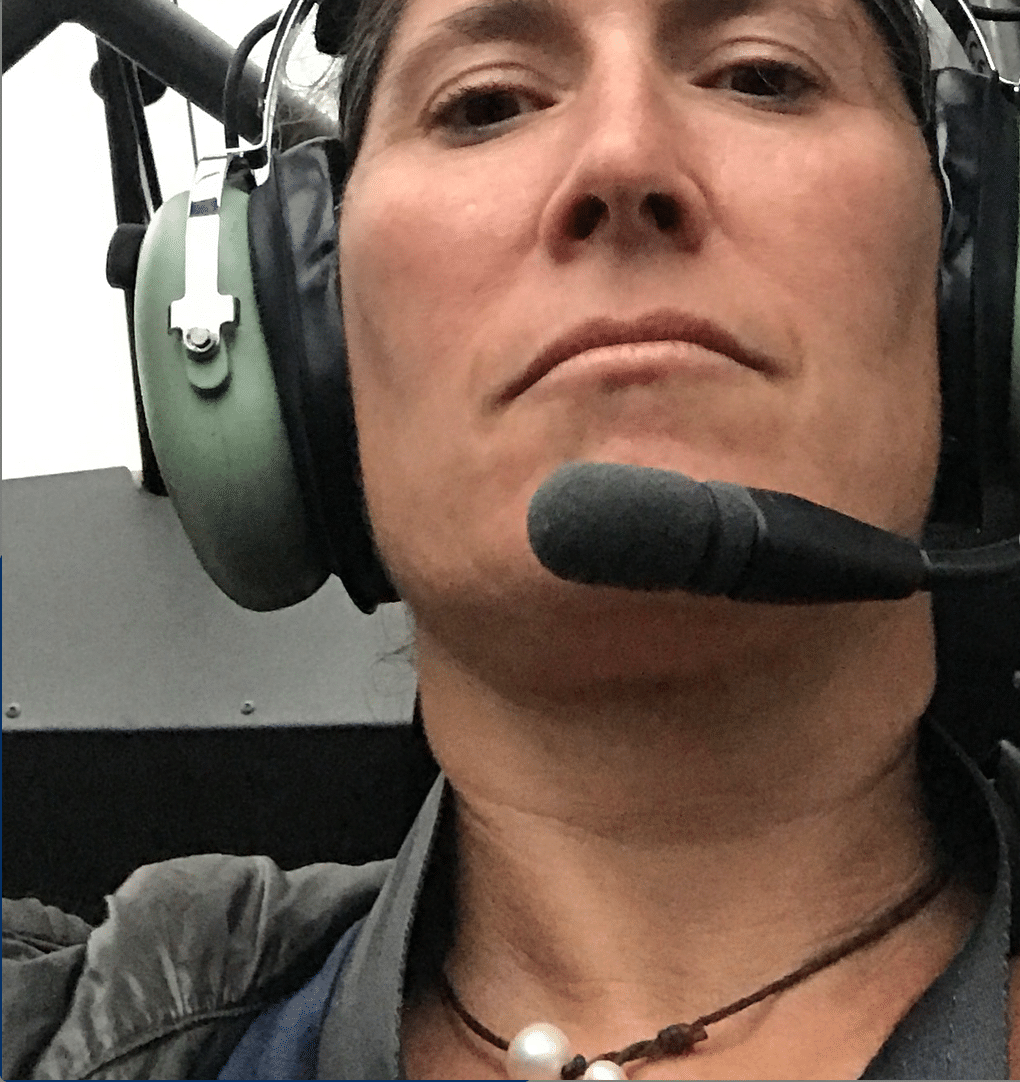
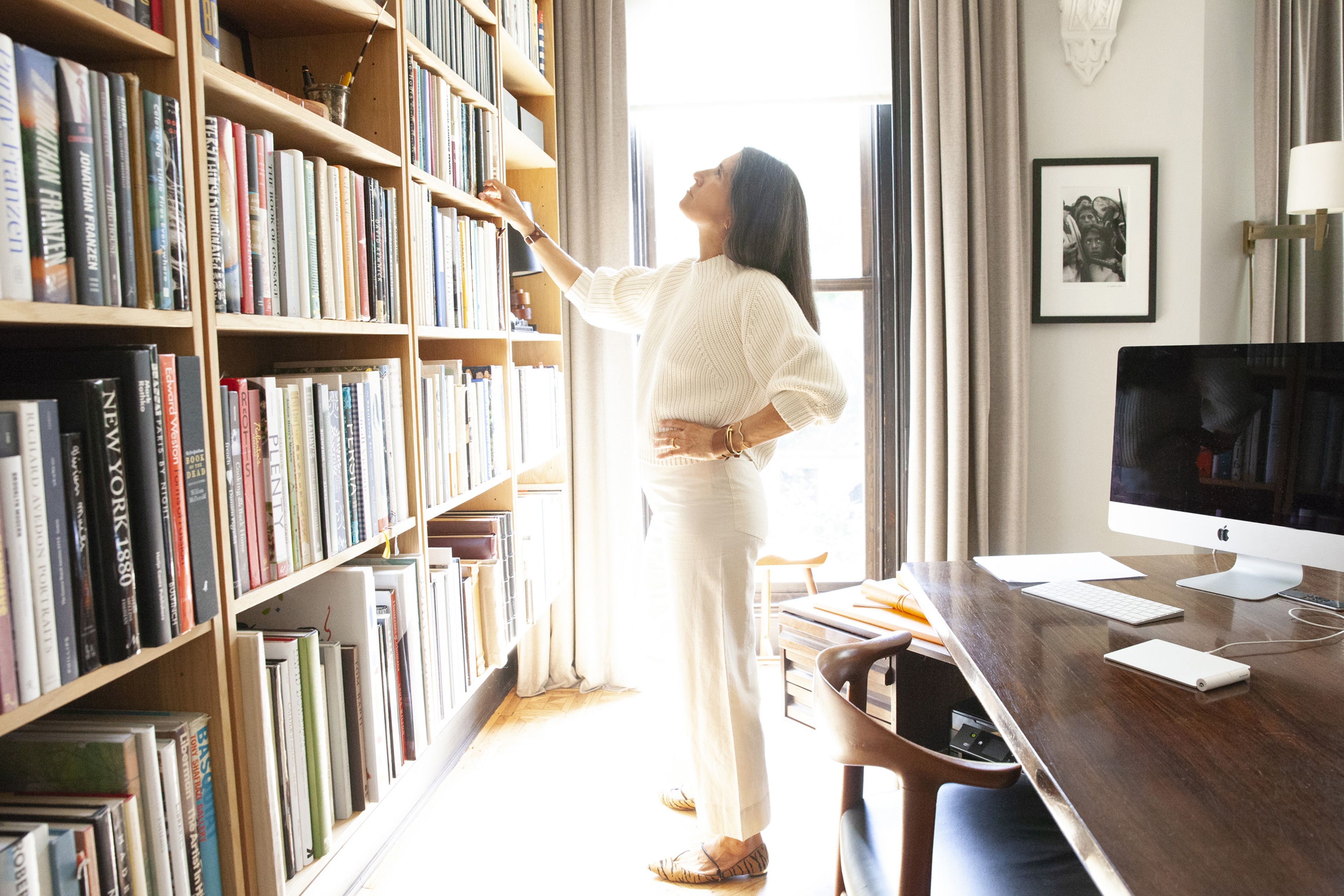
How is The Swell going to help our brains?
What we didn’t want to be is a mid-life Goop. We want to be harder-nosed, science-based, and about what’s going on the neurological level. Brain fitness, mental fitness, spiritual awakening, all of these things that are happening and that people are interested in. Also, an understanding of what’s going on in your body and why it is that you don’t care about the things that you used to care about. We ask ourselves, how do we give people the tools to be the best versions of themselves?
“We’ve never been better, more vulnerable, creative. Where adolescence is about ego, middle-essence is about soul”
You’ve coined the term “middle-essence,” as in, this stage looks a lot like adolescence but different. Please expand.
The most popular misconception is that we are on a decline. Sure, there is some cognitive decline, but also other things that get better, like pattern recognition, abstract thinking. We’ve never been better, more vulnerable, creative. Where adolescence is about ego, middle-essence is about soul. These things are not being celebrated because of what we call cultural dysmorphia. And I think that it’s important to celebrate that there’s all this other stuff that we do really well, and it’s actually a scientific fact.
Self-acceptance versus self-mastery?
We don’t have time to mess around. We need to think carefully about our choices. Many of us aren’t looking for just any yoga or breathing class, we want the best one. There’s sense of urgency to get it right at this stage, which I think is sort of critical.
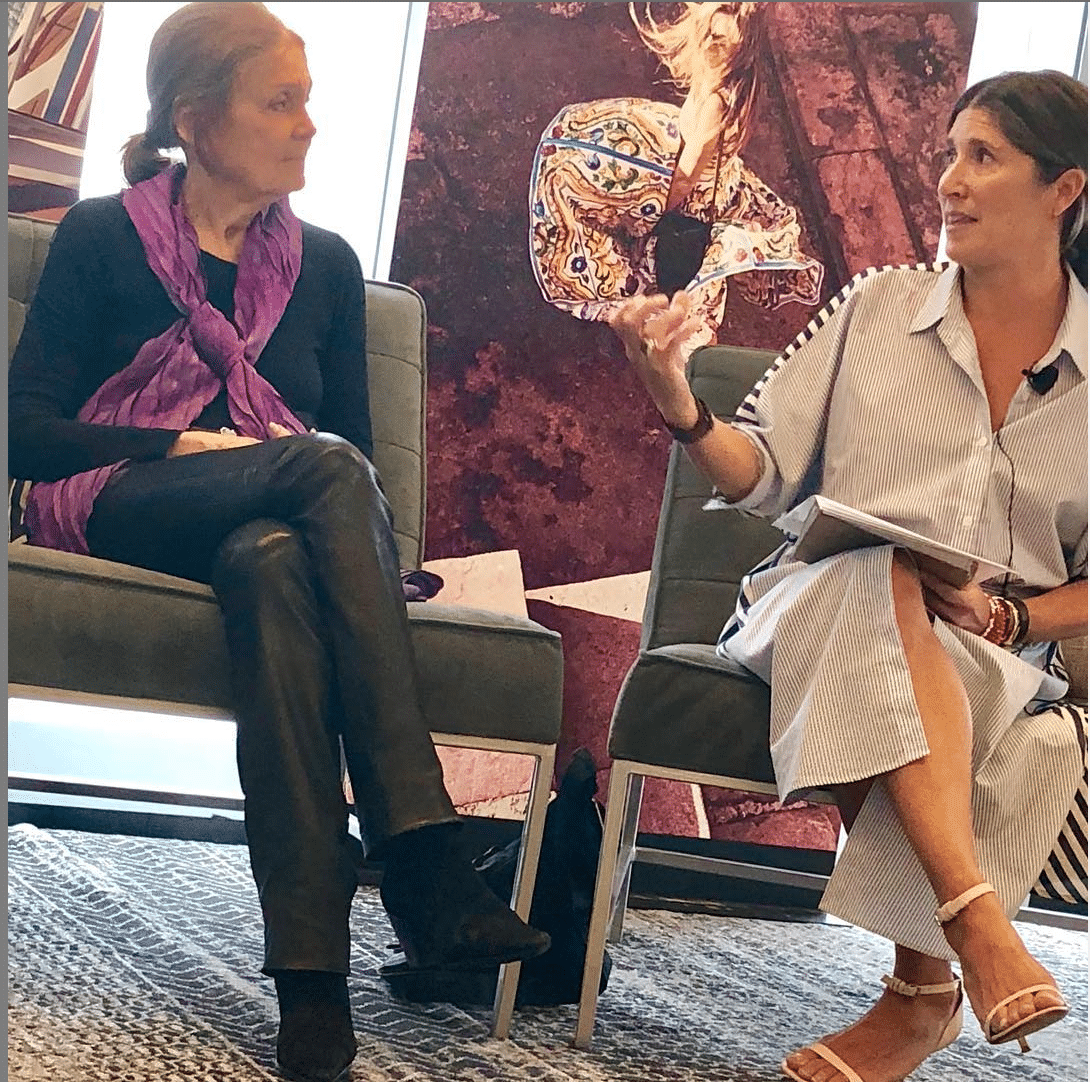
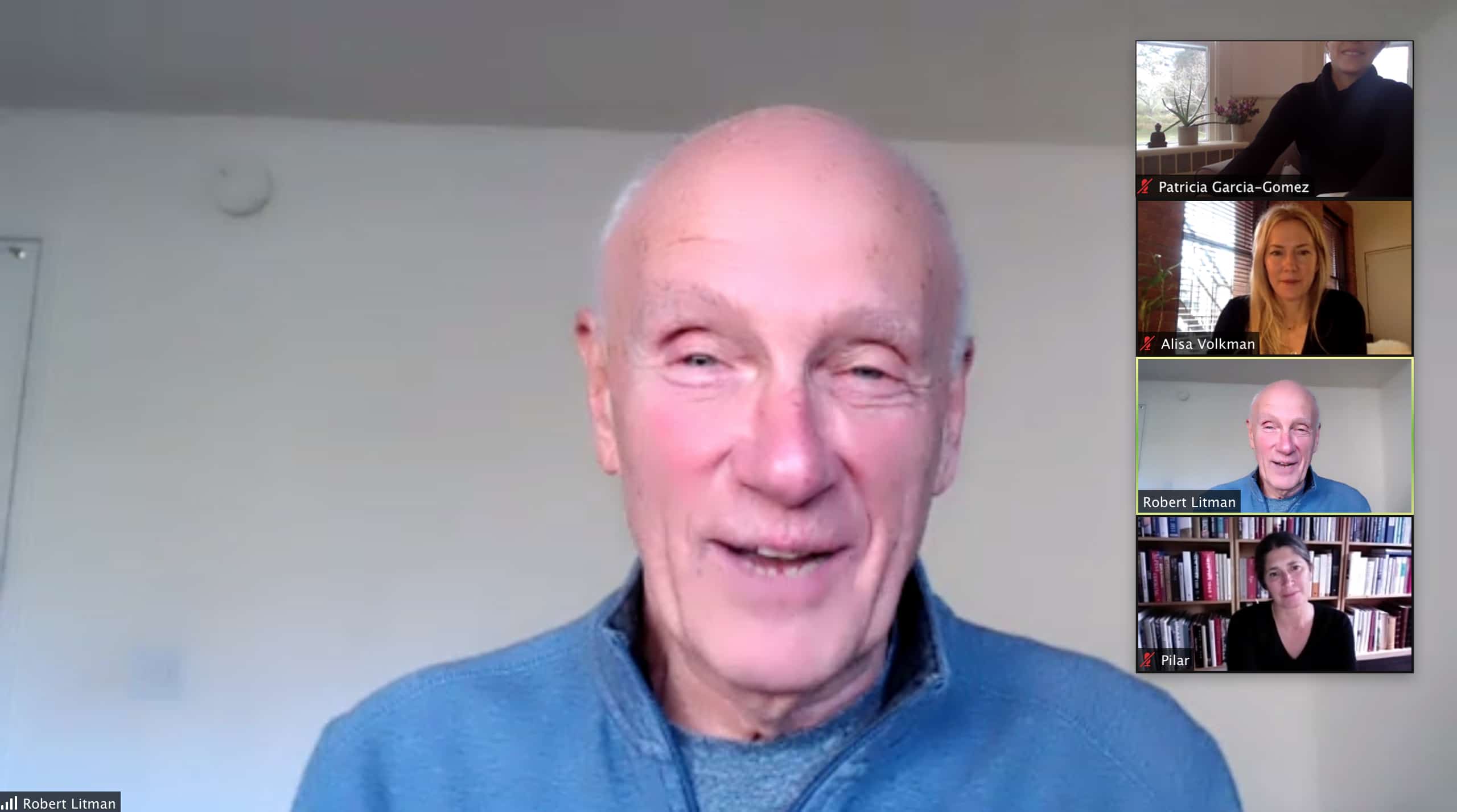
“How can I be useful, what is my purpose, with my talent and skills?”
Speaking of which, I joined The Swell’s breathing masterclass with Robert Litman, founder of The Breathable Body. I learned so much, including that I do most of my breathing from way up in the chest, a kind of functional hyperventilating, which I am now changing. What made a difference for you?
The basic idea that you can’t change your mind with your mind, but you can begin to re-regulate your nervous system and therefore your mind by breathing more efficiently.
The question that keeps you up at night?
For me, it is the sense of urgency around purpose. How can I be useful, what is my purpose, with my talent and skills? What can I uniquely do that can be useful? What I know I’m good at, what I’ve done throughout my career, is problem solve with empathy, and talk about what no one is talking about. You now have the time to talk about the things you didn’t have time to talk about. All of this is happening at the same time as other things that are very real, like divorce, financial reckonings, aging parents, job loss, etc. All these things are very real, but people don’t want to talk about all this other stuff necessarily, they want to get through it so they can do other meaningful things.
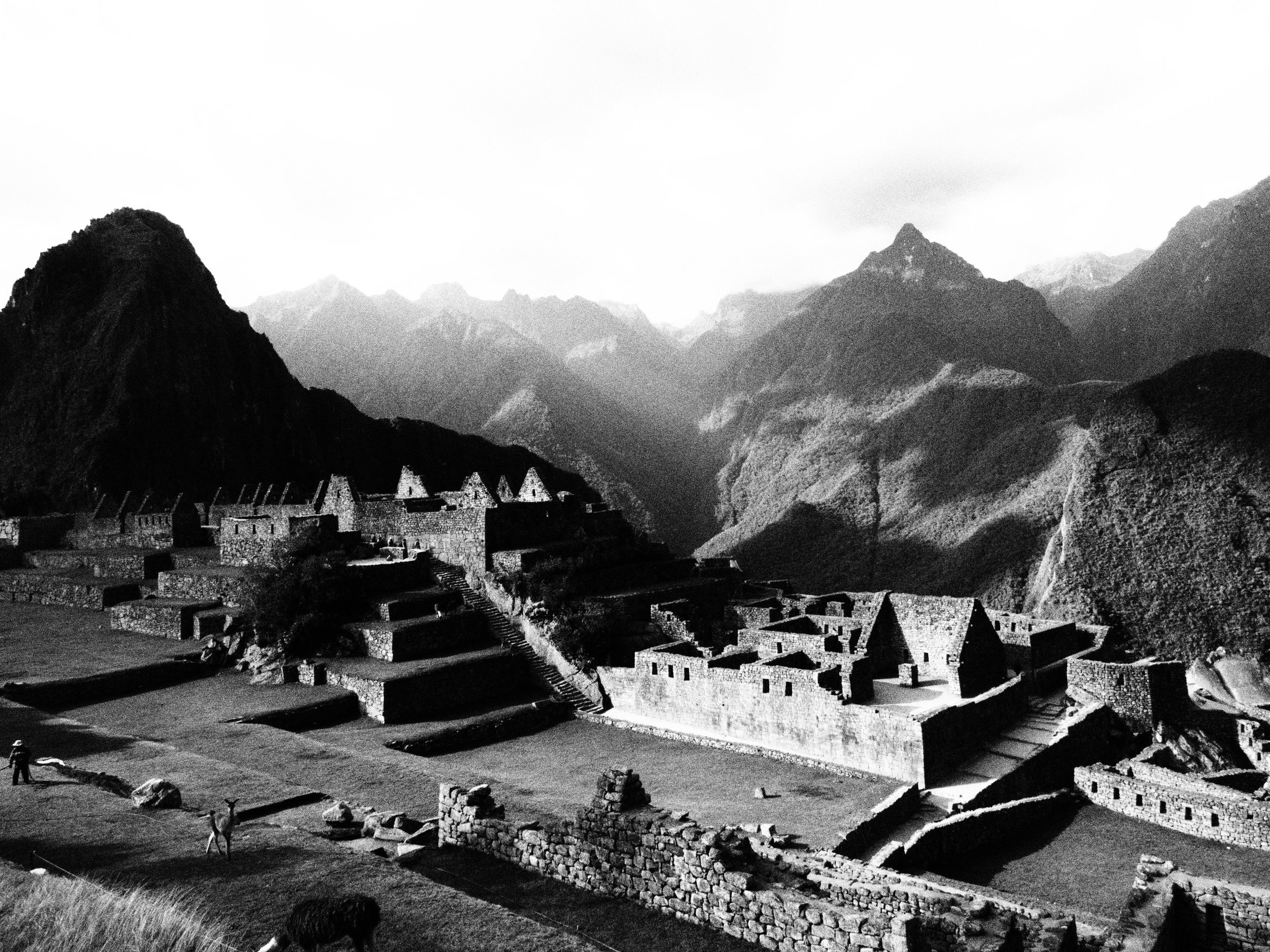
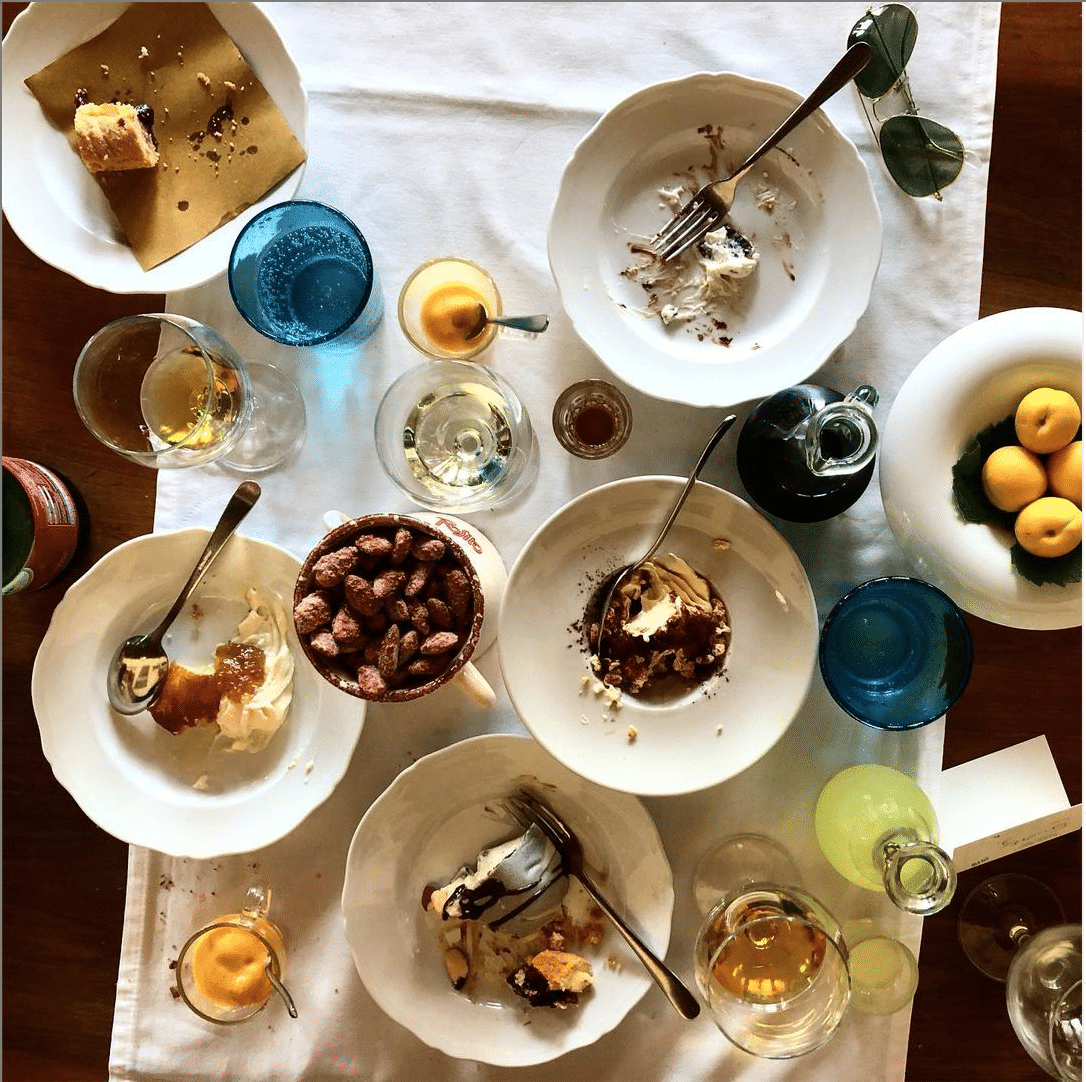
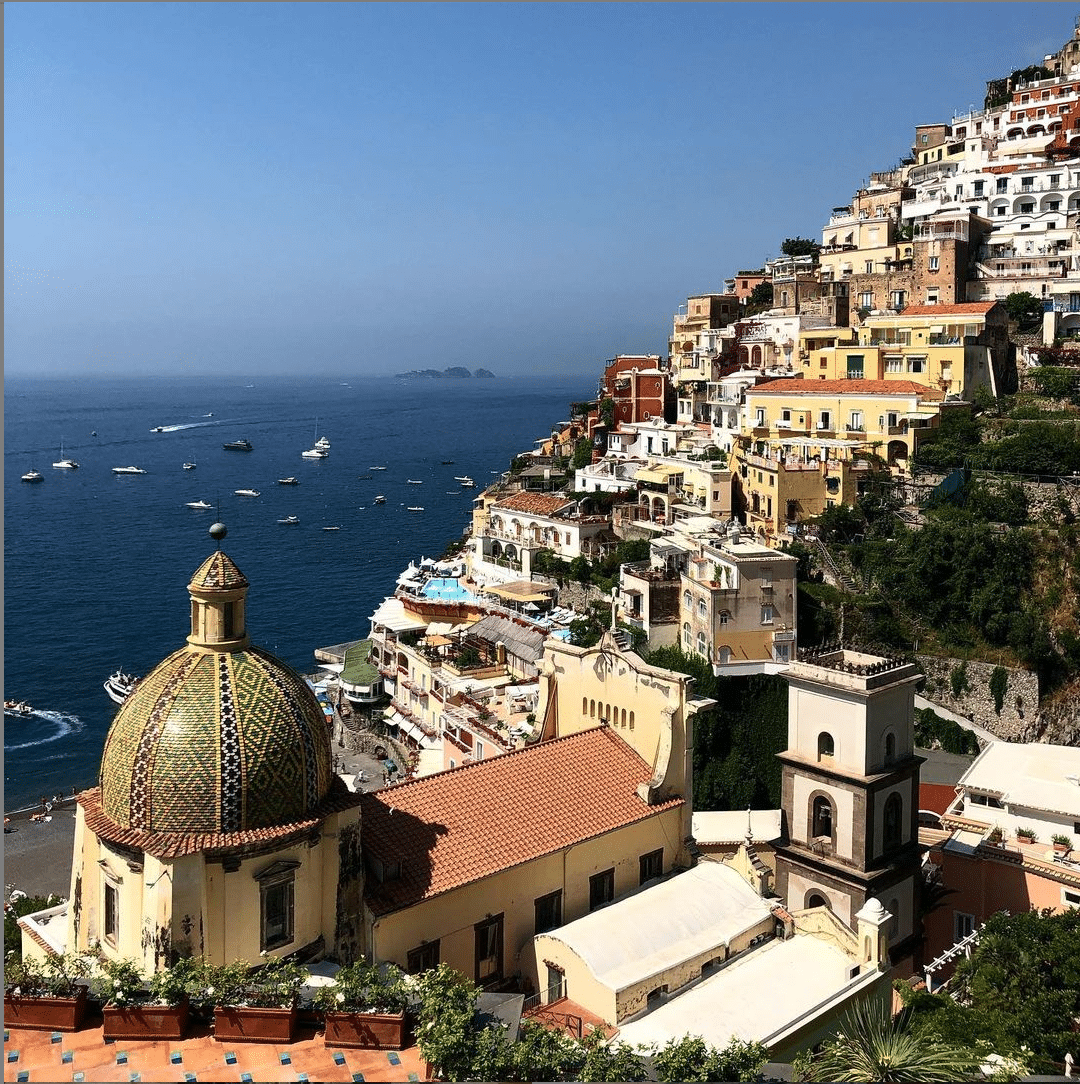
“The pandemic plus mid-life makes each travel decision more weighted”
Travel. How are you thinking about traveling right now?
It’s the perfect storm. The pandemic plus mid-life makes each travel decision more weighted. By this I mean that it’s not just “let’s go to Cabo” (or insert another easy, fun destination). If I am going to get on a plane, it will be more of the “trip I’ve always wanted to take” kind of a thing. I’m experiencing a bit of the “I’m 50, and so well-traveled, how is it I’ve never been to Petra?” I have a sense of urgency around this. What do I want to see before I’m 80?
Places to see before you’re 80. After Petra, where else?
Machu Picchu. And I’d love to visit the gorillas in the Congo!
Epic destinations, Petra, Machu Picchu, the Congo, where to first?
Oh, Italy! Puglia, Ponzo, the lesser discovered parts of Italy. The truth is, I would go anywhere in Italy right now. Puglia just happens to be on my mind because it is where we last traveled internationally, and there is such an ease to all of southern Italy. I could be blindfolded and know that I am in Italy. My shoulders instantly drop three inches when I land in any airport in Italy. It’s my ancestral and spiritual homeland. Of course, my logical mind would choose somewhere I haven’t been and that’s been calling, but my more emotional side yearns for sun-ripened tomatoes and lemons and a dip in the Ionian or the Mediterranean Sea.
Sun-ripened tomatoes and a dip in the Mediterranean, sigh. How should we be thinking about travel?
With the distance, the financial investment, the inconvenience, and rigorousness that needs to be in place now, high-end travel is going to have to work much harder. It won’t be just safari, it will be self-improvement and safari. Something more.
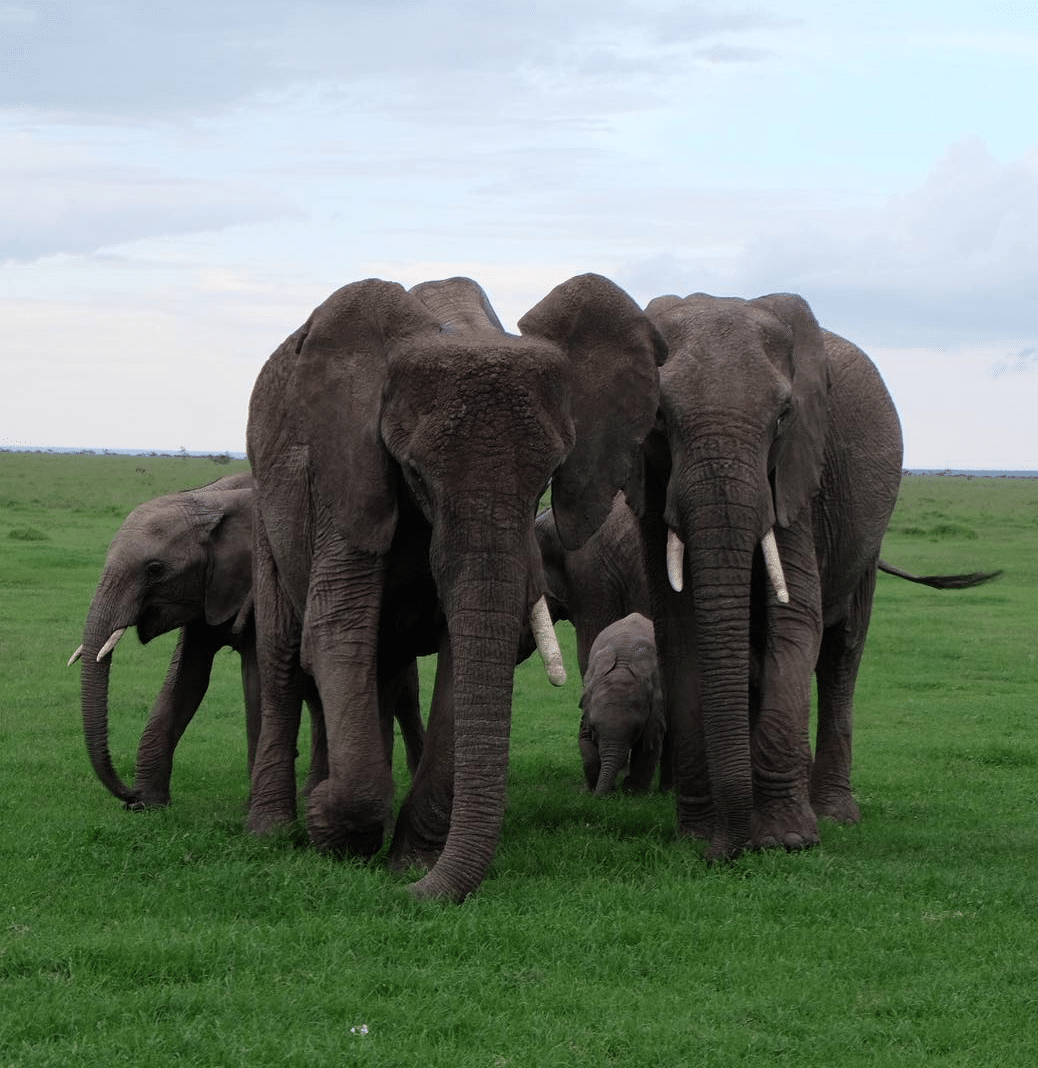
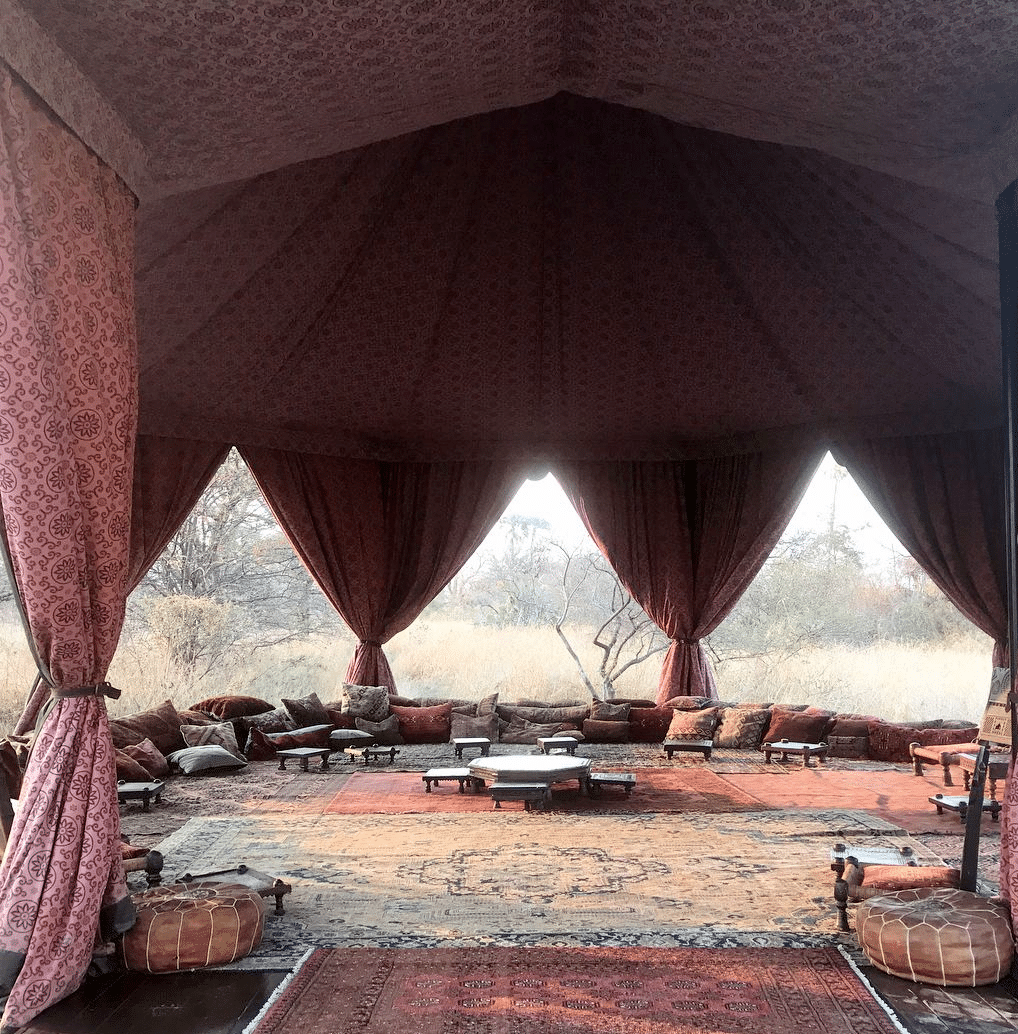
“I’m interested in anything that gets us out of our heads and into our hearts”
I came across your Editor’s Letter, The Wisdom of the Wild. In it, you say this: “It seems like now more than ever people want — dare I say need? — to travel with a greater sense of purpose. As we resist ongoing forces of polarization, we are looking for experiences that make us better, smarter, healthier — that dissolve boundaries and underscore our shared humanity. But not necessarily at the expense of a little comfort and self-indulgence.” This was 2018. Are we not here all over again?
It’s so funny that you bring this up. I am taking this trip again [this year], fingers crossed. It will be with Deborah Calmeyer, CEO of Roar Africa. She is amazing. She has taken a conservationist term — rewilding — and turned it into an incredible experience. The experiences are very thoughtful, not just for the animals, but for the potential [for people] to drop into another state. She is on a tear about hosting a sound meditation retreat as new rewilding concept. It would be a four-day retreat.
Sound meditation has changed my life quite profoundly. To practice this in the wild sounds dreamy. What calls to you the most about this experience?
I’m interested in anything that gets us out of our heads and into our hearts. I’ve only begun to scratch the surface with sound, but I’m very intrigued. It’s amazing to me how quickly re-regulating it is. There is something about sound that plumb lines you so quickly. Sound and smell, they both work neurologically and can help you feel regulated if you feel dysregulated.
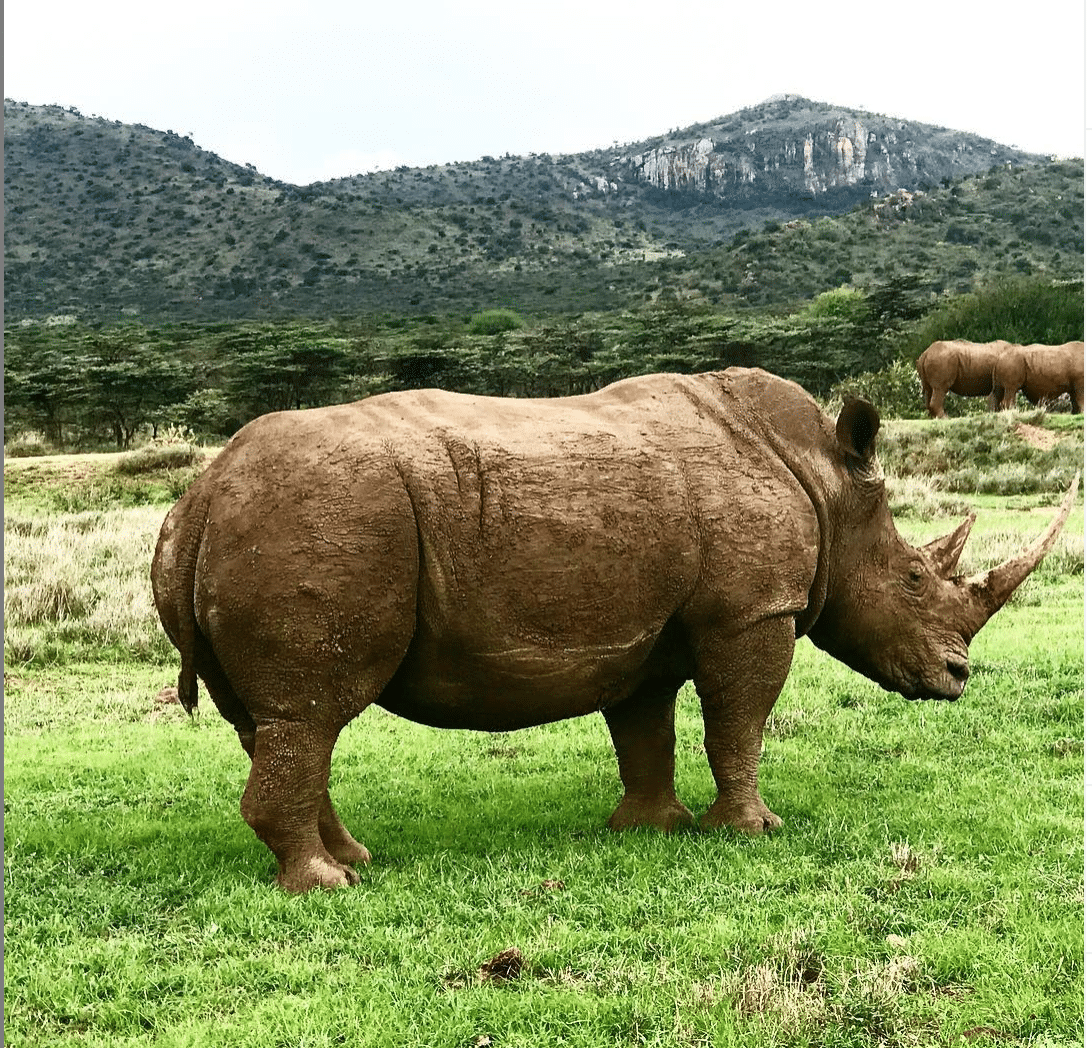
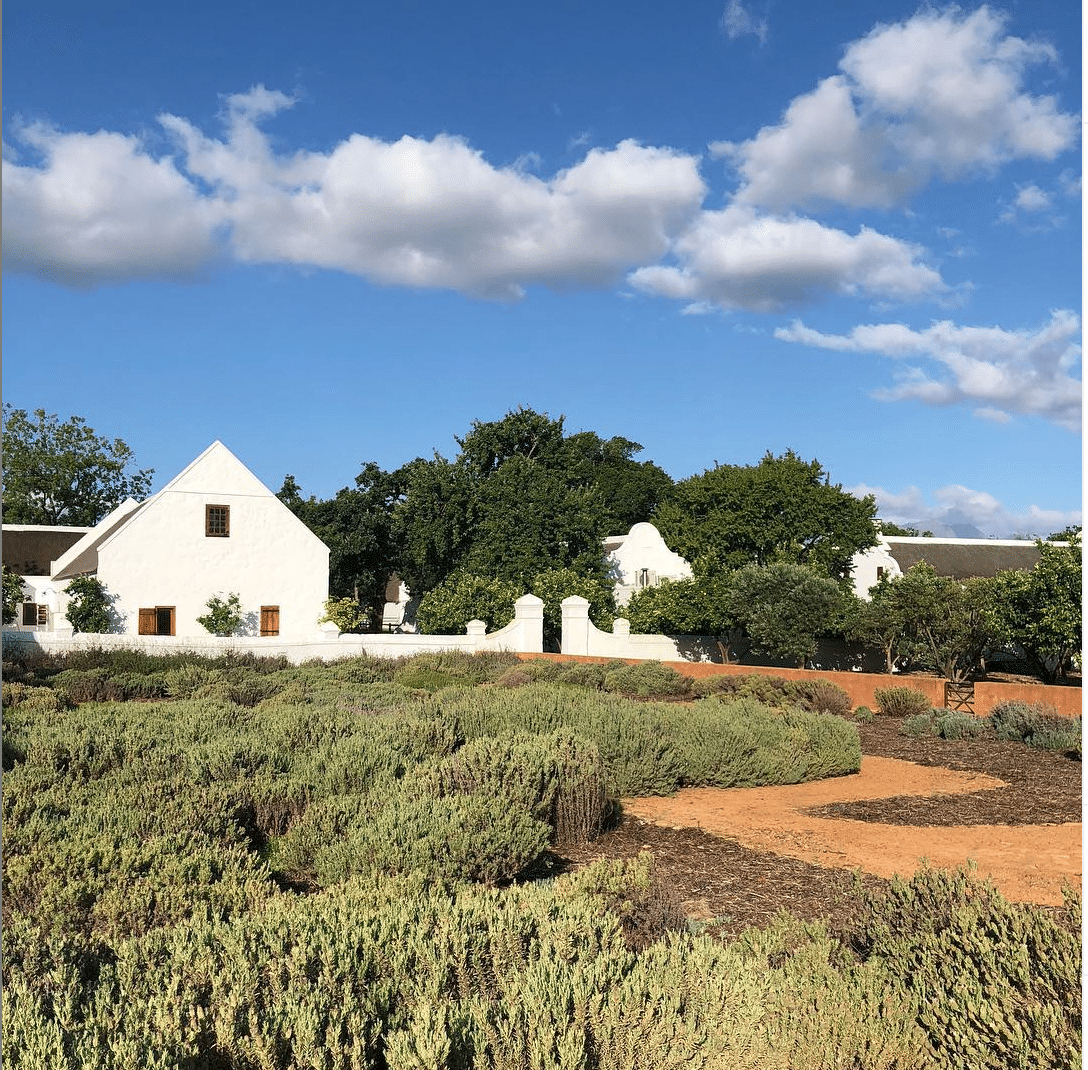
Rewilding
We can’t wait to hear about it. But four days? That’s not a lot of time considering that you would be flying from NYC to Africa.
Actually, you can now fly Nairobi-JFK direct. I was a travel editor, I have two kids, so for me four days is actually luxurious. You don’t have to travel for three weeks to have a meaningful experience, you really don’t. This is something that I’m speaking with outfitters about, to change it, make it more accessible. Otherwise, you won’t have that kind of time until you’re 80 years old. Then what?
What does rewilding mean to you personally?
In nature, rewilding is all about large-scale conservation that looks to restore natural cycles and habitats to protect keystone species. On our [previous rewilding] retreat, a five-night, small-group experience in the wildlife refuge of Kenya’s Laikipia Plateau, the idea was to apply these same principles to human nature. While a trip like this could take place anywhere, there is something about the African bush, where we all come from — a humility one feels before these primordial landscapes, animals, and communities that makes us ripe for vulnerable interaction with nature as well as with other people.
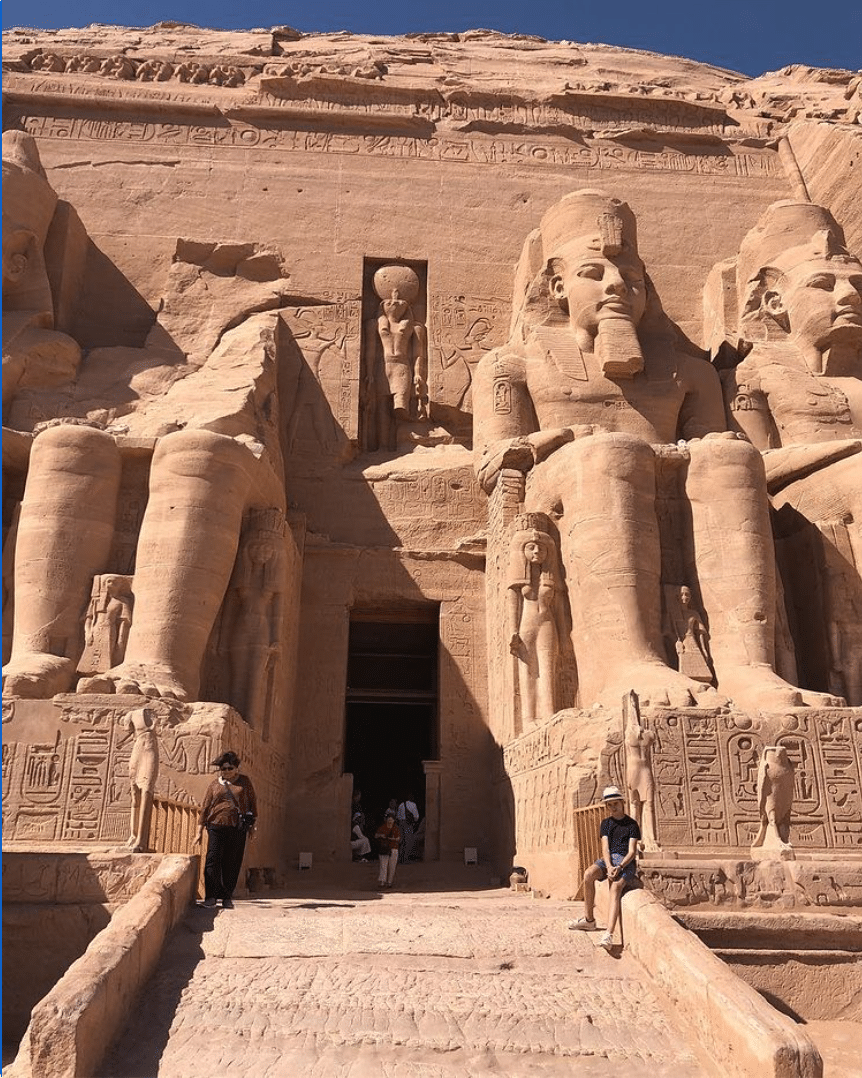
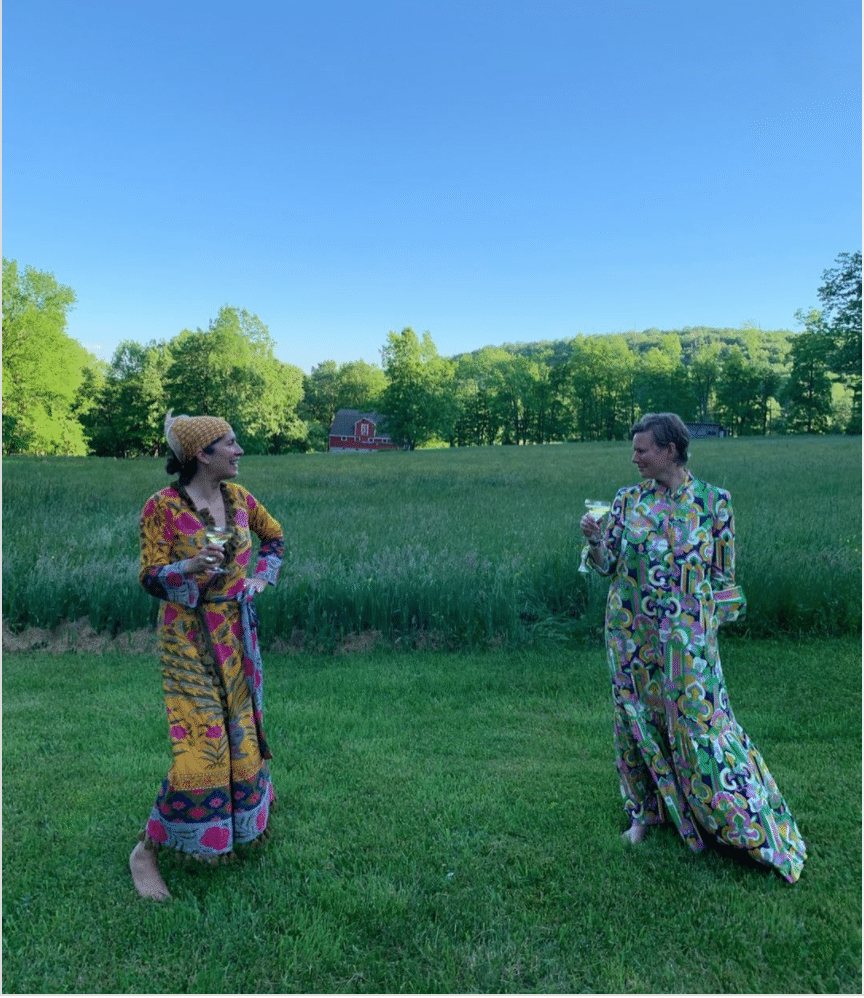
Three creative women you admire and why.
Deb Calmeyer, who is the CEO of Roar Africa, for her gold-standard approach to experience-making and her fearlessness as a woman in an industry and part of the world that’s steeped in patriarchy.
Yolanda Edwards, founder and editor of Yolo Journal, for her singular point of view, pitch-perfect ear to the ground, and generous storytelling style.
Julia Leach, creative director, for her unerring eye for beauty, flawless curation, and limitless curiosity.
The one thing you cannot travel without (aka what’s going with you to Africa).
An oversized shawl that my friend Maria brought back from Jaipur for me. Doesn’t matter what the climate, culture or dress code, it’s the hardest working accessory in my travel wardrobe.
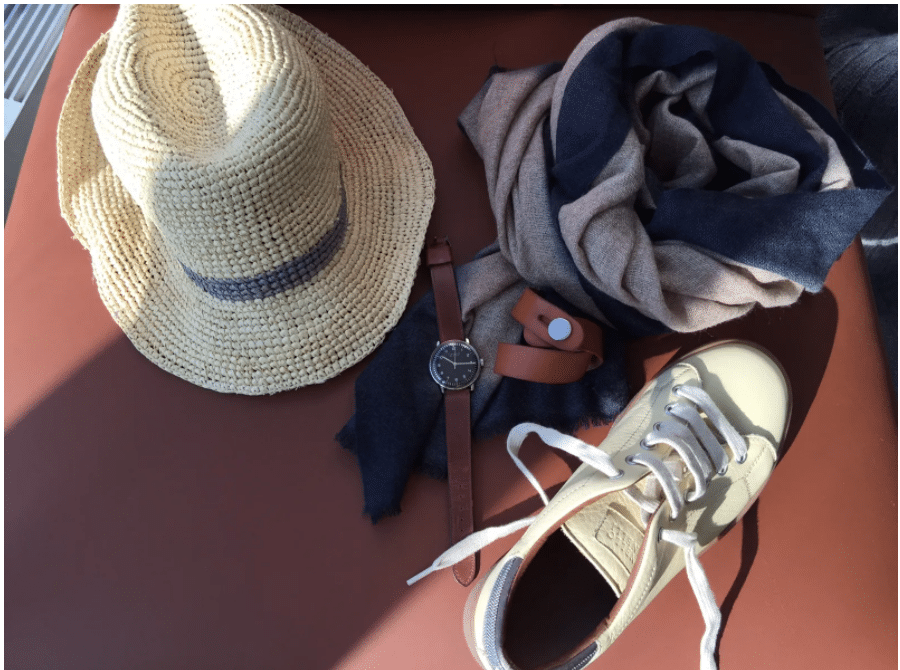
The Intel
Learn more about The Swell.
Go on a rewilding adventure with Roar Africa. Follow Roar Africa.
Ground yourself with a sound bath.
About Pilar Guzmán
Pilar Guzmán is co-founder of The Swell. Previously she was named editor-in-chief of Condé Nast Traveler in August 2013, and she oversees the iconic brand’s print publication and digital properties. Previously, Ms Guzmán served as vice president and editor-in-chief of Martha Stewart Living where she was responsible for the editorial direction of the Martha Stewart Living Omnimedia flagship since March 2011. Under her direction, the publication earned a National Magazine Award in General Excellence in the lifestyle category in 2013. From 2005 to 2009, Ms Guzmán worked for Condé Nast as the founding editor-in-chief of Cookie, an award-winning parenting magazine targeting young, style-conscious parents. Ms Guzmán has also served as senior editor at Real Simple, as executive editor of One, as design and architecture editor at City magazine and as a contributor to The New York Times, I.D., Metropolis, Wallpaper, and Marie Claire. She launched her career in journalism writing a travel guide to Italy before working as a food critic and lifestyle writer for the New York Daily News.
The ideas expressed here are solely the opinions of the author and are not researched or verified by AGEIST LLC, or anyone associated with AGEIST LLC. This material should not be construed as medical advice or recommendation, it is for informational use only. We encourage all readers to discuss with your qualified practitioners the relevance of the application of any of these ideas to your life. The recommendations contained herein are not intended to diagnose, treat, cure or prevent any disease. You should always consult your physician or other qualified health provider before starting any new treatment or stopping any treatment that has been prescribed for you by your physician or other qualified health provider. Please call your doctor or 911 immediately if you think you may have a medical or psychiatric emergency.
AUTHOR

We will never sell or give your email to others. Get special info on Diet, Exercise, Sleep and Longevity.
